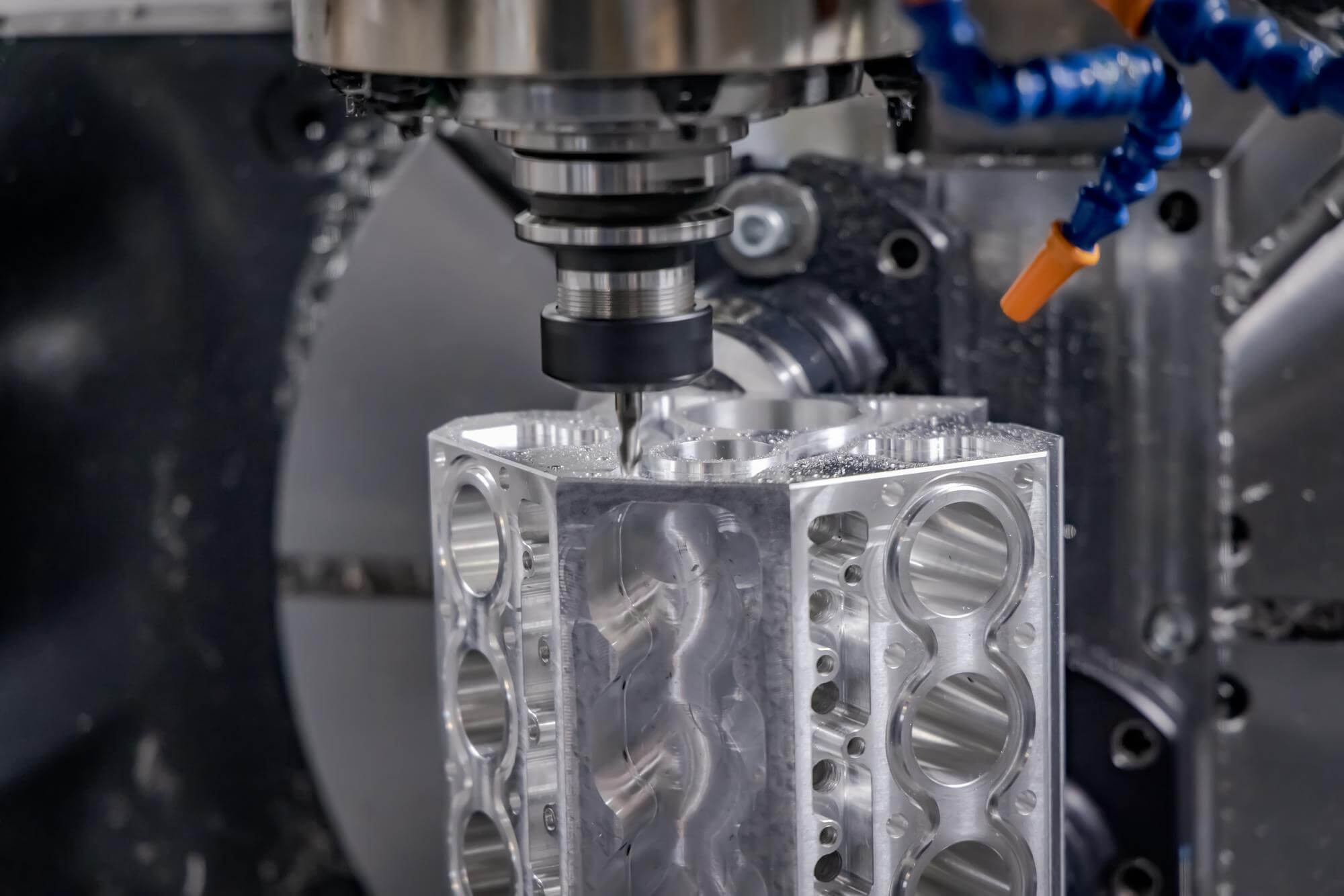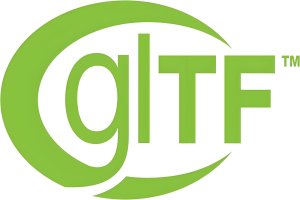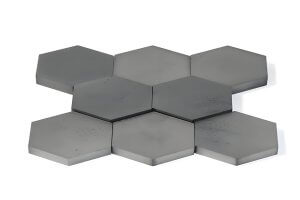Introduction
In the world of manufacturing, especially for buyers looking to source plastic components, material selection is crucial. Two types of plastics dominate the discussion: thermoset and thermoplastic. These materials, while sharing the commonality of being plastic, exhibit very different properties when subjected to heat and mechanical processing.
When it comes to CNC machining, understanding the difference between thermoset vs thermoplastic is critical. For buyers, the material decision directly impacts the part’s performance, cost, and suitability for specific applications. But choosing the right supplier who understands the nuances of CNC machining with these materials is just as vital.
In this article, we’ll dive deep into these two material categories, explore their specific roles in CNC machining, and guide you on how to select the best supplier for machining plastic components. By the end of this guide, you’ll have a firm understanding of which plastic material is right for your project, and what qualities to look for in a CNC machining supplier.
What Are Thermosets and Thermoplastics?
Before we can explore how these plastics are used in CNC machining, we first need to define the key differences between thermosets and thermoplastics.
Thermoset Plastics
Thermoset plastics are materials that, once heated and molded, undergo a chemical change and become permanently solid. Once cured, thermosets cannot be melted and reshaped, making them ideal for high-heat environments or applications where durability is crucial.
Key Properties of Thermosets:
- Heat Resistance: Thermosets retain their strength and shape even at high temperatures.
- Chemical Resistance: Often used in chemical and automotive industries.
- Strength: Thermosets are rigid and strong but also brittle.
- Curing Process: Requires a chemical reaction that once completed, cannot be reversed.
Common Thermoset Applications:
- Electrical insulation components
- High-heat automotive parts
- Structural adhesives
Thermoplastic Plastics
In contrast, thermoplastics can be reheated and reshaped multiple times. This makes them more versatile in manufacturing processes like CNC machining. They soften when heated and harden upon cooling without undergoing any chemical change.
Key Properties of Thermoplastics:
- Reusability: Can be reheated and reshaped.
- Flexibility: Generally more flexible and impact-resistant compared to thermosets.
- Machinability: Easier to machine, making them a popular choice for CNC processes.
- Lower Heat Resistance: Unlike thermosets, thermoplastics lose their form at high temperatures.
Common Thermoplastic Applications:
- Consumer products (e.g., toys, containers)
- Medical devices
- Automotive parts (interior and exterior)
Thermoset vs Thermoplastic in CNC Machining
Now that we understand the basics of thermoset and thermoplastic materials, let’s look at how these materials behave during CNC machining.
Thermosets in CNC Machining
CNC machining with thermosets can be more challenging due to the material’s rigidity and brittleness. Once formed, thermosets cannot be reshaped or melted, meaning the CNC process is often used for finishing or adding precision cuts to pre-molded components.
- Key challenges: Thermosets are difficult to modify once cured, requiring highly precise cutting and grinding processes. This increases the importance of choosing a supplier with expertise in handling thermosets.
- Supplier capabilities: Look for CNC suppliers that have experience in post-processing thermoset materials, as precision is key in this type of machining.
Thermoplastics in CNC Machining
Thermoplastics, on the other hand, are much easier to work with in CNC machining. Their flexibility allows for more intricate designs and reshaping during the machining process. Thermoplastics can be reheated and reshaped, giving manufacturers more room for error and adjustment.
- Key advantages: The ability to reshape thermoplastics makes them ideal for CNC machining, which requires multiple passes and adjustments.
- Supplier capabilities: Ensure your CNC supplier can handle complex thermoplastic designs and provide high precision without compromising material integrity.
A Comparison of Thermoset and Thermoplastic for Buyers
As a buyer, it’s crucial to understand how these two materials compare, especially when working with CNC machining suppliers. Here’s a side-by-side comparison to help you choose the right material for your project:
| Property | Thermoset | Thermoplastic |
|---|---|---|
| Reusability | Cannot be reshaped after curing | Can be reheated and reshaped |
| Heat Resistance | High | Moderate |
| Flexibility | Rigid and brittle | Flexible and impact-resistant |
| Machinability | Difficult, often post-molding process | Easier to machine, allows reshaping |
| Cost | Generally higher due to complexity | Lower due to material flexibility |
| Common Applications | Automotive, aerospace, electronics | Consumer goods, medical devices |
| CNC Supplier Requirements | High precision needed for post-processing | Requires expertise in machining flexibility |
The Importance of Choosing the Right CNC Supplier
Selecting a CNC machining supplier is as important as choosing the right material. Buyers need to ensure their suppliers have the expertise, equipment, and capacity to work with both thermosets and thermoplastics, depending on the project.
What to Look for in a CNC Supplier:
- Material Expertise: Does the supplier understand the unique challenges of machining thermosets vs thermoplastics?
- Precision and Accuracy: Can they deliver the precision cuts required for thermosets, or handle the flexibility of thermoplastics without damaging the material?
- Advanced Equipment: Do they have modern CNC machines capable of handling complex geometries and materials?
- Certifications and Compliance: Ensure the supplier adheres to industry standards for quality and safety.
- Customization Capabilities: Can the supplier accommodate customized designs and special requests?
Real-World Examples: CNC Machining with Thermoset and Thermoplastic
To further illustrate the material differences and the importance of supplier capabilities, let’s explore two real-world examples of CNC machining with thermoset and thermoplastic components.
Example 1: Thermoset for Automotive Engine Components
Automotive manufacturers often use thermosets in high-heat environments like engines. For example, CNC machining is used to add precision holes to pre-molded thermoset parts for engine blocks. The supplier needs to be highly experienced in handling rigid materials and capable of delivering accurate, defect-free components.
Key Takeaways:
- Thermoset materials require precision machining for applications where high heat and strength are essential.
- Look for suppliers with expertise in handling post-mold thermoset parts and equipment capable of fine-tuning intricate designs.
Example 2: Thermoplastic for Medical Device Housings
In contrast, a medical device manufacturer might use thermoplastics to create durable, flexible housings for handheld medical tools. CNC machining is used to create complex shapes with tight tolerances, but the material can be easily reshaped and refined during the machining process.
Key Takeaways:
- Thermoplastics allow for flexibility in design, making them easier to machine into complex shapes.
- The right supplier can handle thermoplastics in a way that ensures durability without compromising the design’s functionality.
Table 2: Supplier Evaluation Checklist for CNC Machining Thermoset vs Thermoplastic
| Criterion | Thermoset Machining | Thermoplastic Machining |
|---|---|---|
| Material Expertise | High knowledge of post-mold machining | Familiarity with flexible materials |
| CNC Equipment | Precision tools for rigid materials | Advanced machinery for complex designs |
| Industry Certifications | ISO 9001, AS9100 | ISO 13485, FDA compliance for medical |
| Sample Projects Available | Yes | Yes |
| Lead Time | Longer due to precision requirements | Shorter due to material flexibility |
| Customization Capabilities | Limited due to material rigidity | High due to reshaping possibilities |
Conclusion: Who Dominates CNC Machining – Thermoset or Thermoplastic?
Ultimately, the choice between thermoset vs thermoplastic depends on your project requirements. If you need components that can withstand high heat and harsh environments, thermosets may be the best option. On the other hand, if flexibility, cost, and ease of machining are priorities, thermoplastics are likely to be the better choice.
However, the success of your project hinges on selecting the right CNC machining supplier who understands the complexities of both materials. Be sure to partner with a supplier who has the technical expertise and equipment to handle your chosen material effectively.
FAQs
- What is the difference between thermoset and thermoplastic in CNC machining?
- Thermosets cannot be reshaped after curing, making them more challenging for CNC machining. Thermoplastics, however, can be reshaped and are easier to machine.
- Which material is better for high-heat applications?
- Thermosets are better suited for high-heat environments as they retain their shape and strength even at elevated temperatures.
- Can thermoplastic components be used in medical devices?
- Yes, thermoplastics are commonly used in medical devices due to their flexibility, durability, and compliance with industry standards like ISO 13485 and FDA guidelines.
- What should I look for in a CNC machining supplier?
- Look for material expertise, precision equipment, industry certifications, and a proven track record with thermoset and thermoplastic projects.
- Are thermosets more expensive to machine than thermoplastics?
- Yes, due to the rigid nature of thermosets and the precision required, machining thermoset components tends to be more expensive.
- How do I know which material is best for my project?
- Consider your project’s heat resistance, flexibility, and cost requirements, then consult with a CNC machining expert to make the best decision.
Other Articles You Might Enjoy
- Choosing the Right CNC Machining Shop: Factors to Consider
Choosing the Right CNC Machining Shop: An Introduction In today's advanced manufacturing environment, Computer Numerical Control (CNC) machining plays a significant role. CNC machining is a process utilized in the…
- Aluminum CNC Machining Part Production for Custom Solutions
Introduction to Aluminum CNC Machining Part Production CNC (Computer Numerical Control) machining is a subtractive manufacturing technology whereby computer software directs the movement of factory machinery and tools, ensuring precision…
- Understanding CNC Machining: MIG vs. TIG Welding and more( cnc machining services china Julie)
Computer Numerical Control (CNC) machining has remarkably revolutionized the manufacturing industry by offering precise, efficient, and versatile solutions that cater to a range of products. Within this realm of production…
- Unraveling CNC Machining: TIG Vs MIG, Chamfer Vs Fillet( cnc laser cutting machine Truda)
Computer Numerical Control (CNC) machining stands as an advanced manufacturing technique that enhances the efficiency and precision of fabrication processes. Involved in its intricate applications are powerful welding methods like…
- Precision CNC Machining of Steel: High-Volume Production
Precision CNC Machining and High-Volume Production As an integral part of modern manufacturing processes, Precision Computer Numerical Control (CNC) machining brings about unmatched accuracy and consistency in the production of…
- Affordable CNC Machining Solutions for High-Volume Aluminum Parts
Introduction to CNC Machining CNC machining, an acronym for Computer Numerical Control, is a process used in the manufacturing sector involving the use of computers to control machine tools. These…






